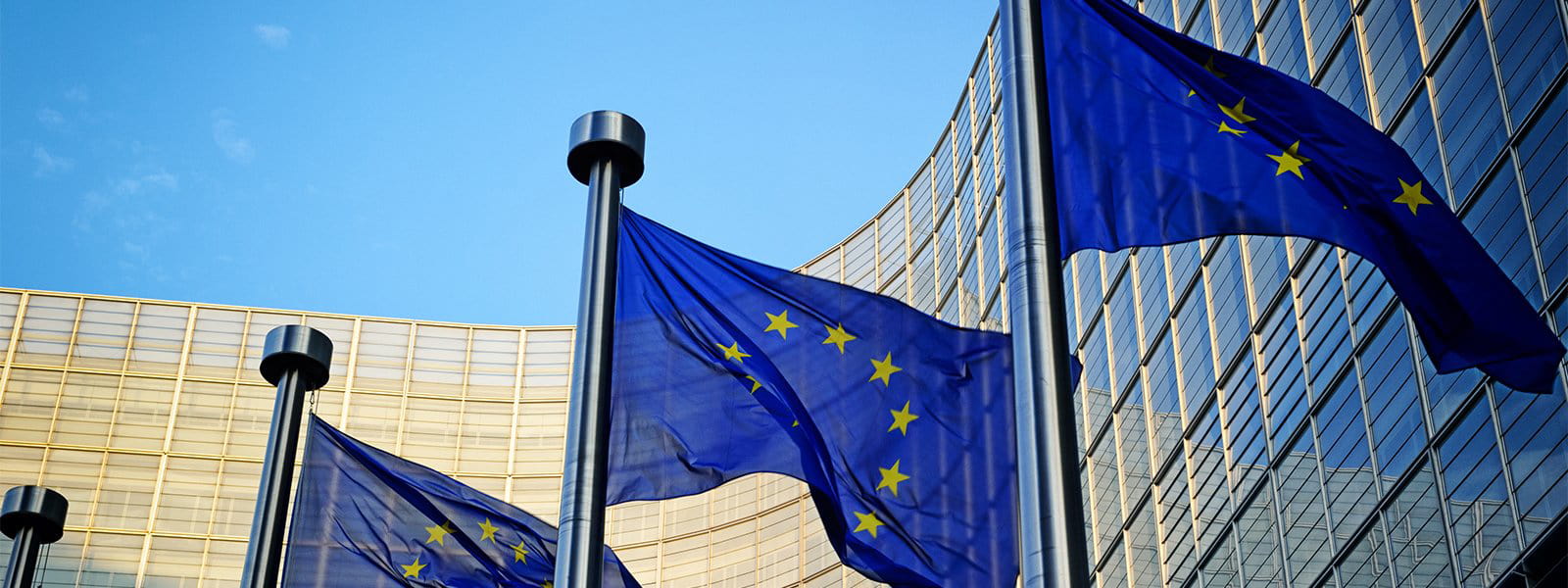
British citizens living in European nations believe they have had little or no representation since the UK’s withdrawal from the EU, according to a survey by University of Strathclyde researchers.
The survey, which gained more than 1100 respondents, also found that British citizens in Europe no longer trust the UK Government to look after their interests.
In addition, the research found that there are also implementation problems in the EU/EEA and Switzerland — including practical issues at border checkpoints – and that respondents identified far more as European than British since the 2016 referendum.
The report recommends a UK-EU citizens’ stakeholder forum to discuss representation issues; the prompt introduction of ‘votes for life’ for UK citizens overseas, under the provision of the UK’s 2022 Election Act and changes to UK immigration rules to enable families to return to the UK more easily.
The survey canvassed the views of UK citizens in EU nations, Switzerland and the EEA (European Economic Area), which includes Iceland, Norway and Liechtenstein.
The survey was designed by Professor Tanja Bueltmann, Chair in International History at the University of Strathclyde, as part of a wider study exploring Scottish migration to continental Europe in historical perspective; the study is funded by the Royal Society of Edinburgh.
Professor Bueltmann said: “The survey demonstrates that Brexit impacts continue to evolve and shape the lived experiences of British citizens in the EU/EEA and Switzerland in substantial, sometimes life-altering, ways.
“While most have now secured their status, problems remain, from delays in issuing residency cards to problems when crossing borders. While British citizens in the EU/EEA/Switzerland, on the whole, have fewer anxieties about the future than EU citizens in the UK, this survey confirms that Brexit impacts are continuing.
“The most striking results relate to questions of representation, trust and identity. The survey reveals that there has been a near complete breakdown of trust in the UK Government. Respondents are also very concerned about a lack of representation and a level of disenfranchisement; herein lie questions that both the UK Government and the EU should address to prevent the consolidation of serious democratic deficiencies.
“Scottish respondents show a much stronger attachment to Scotland than those of English origins show to England. Importantly, this also manifests in diaspora recognition and engagement, which is significantly stronger among Scottish respondents. Once described ‘as an association-forming people’, the evidence from this survey indicates that that historic characterisation of Scots abroad remains appropriate to this day and should inform the Scottish Government’s diaspora strategy.”
The survey showed that 60.14% of respondents felt unrepresented, with a further 30.03% of respondents feeling not well represented. In addition, 95.6% of respondents did not trust the UK Government, compared with 62.3% who trusted the EU and 47.5% who trusted the government of their current country of residence.
A total of 70.2% of respondents agreed that Brexit strengthened their European identity, and 82.6% saw themselves as European — higher than the respondents’ identification with being British, at 68.9%. There were 47% of Scottish respondents who felt part of a global community of Scots, while only 14.2% of English respondents felt part of a global English community. Also, 76% of Scottish respondents said that Brexit strengthened their Scottish identity, while only 5.3% of English respondents agree with this for England.
Just over two-thirds of survey respondents, 69.7% were British citizens with a new post- Brexit status, while just under a quarter were dual British-EU/EEA/Swiss nationals.
The survey gained responses from British residents of all but four – Croatia, Cyprus, Liechtenstein, and Lithuania – of the nations eligible to participate.